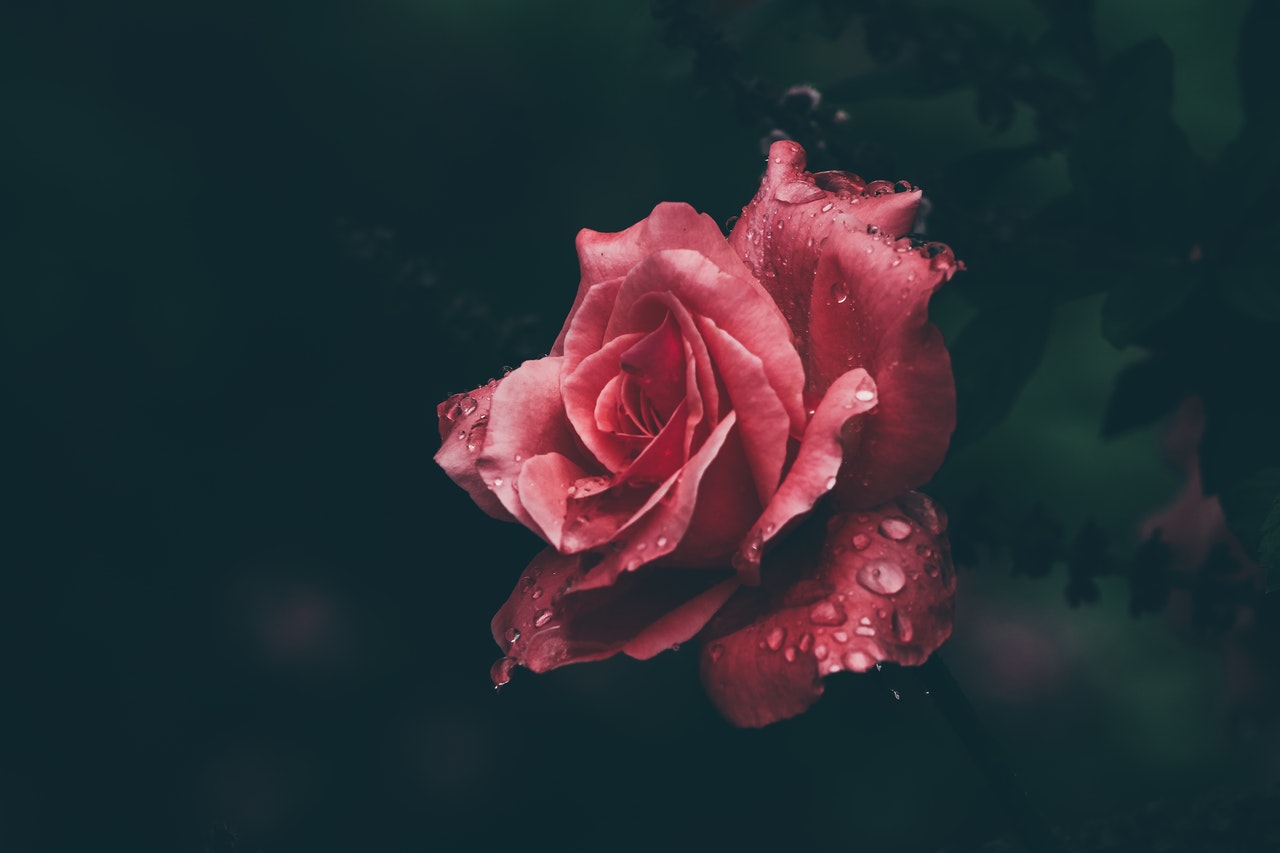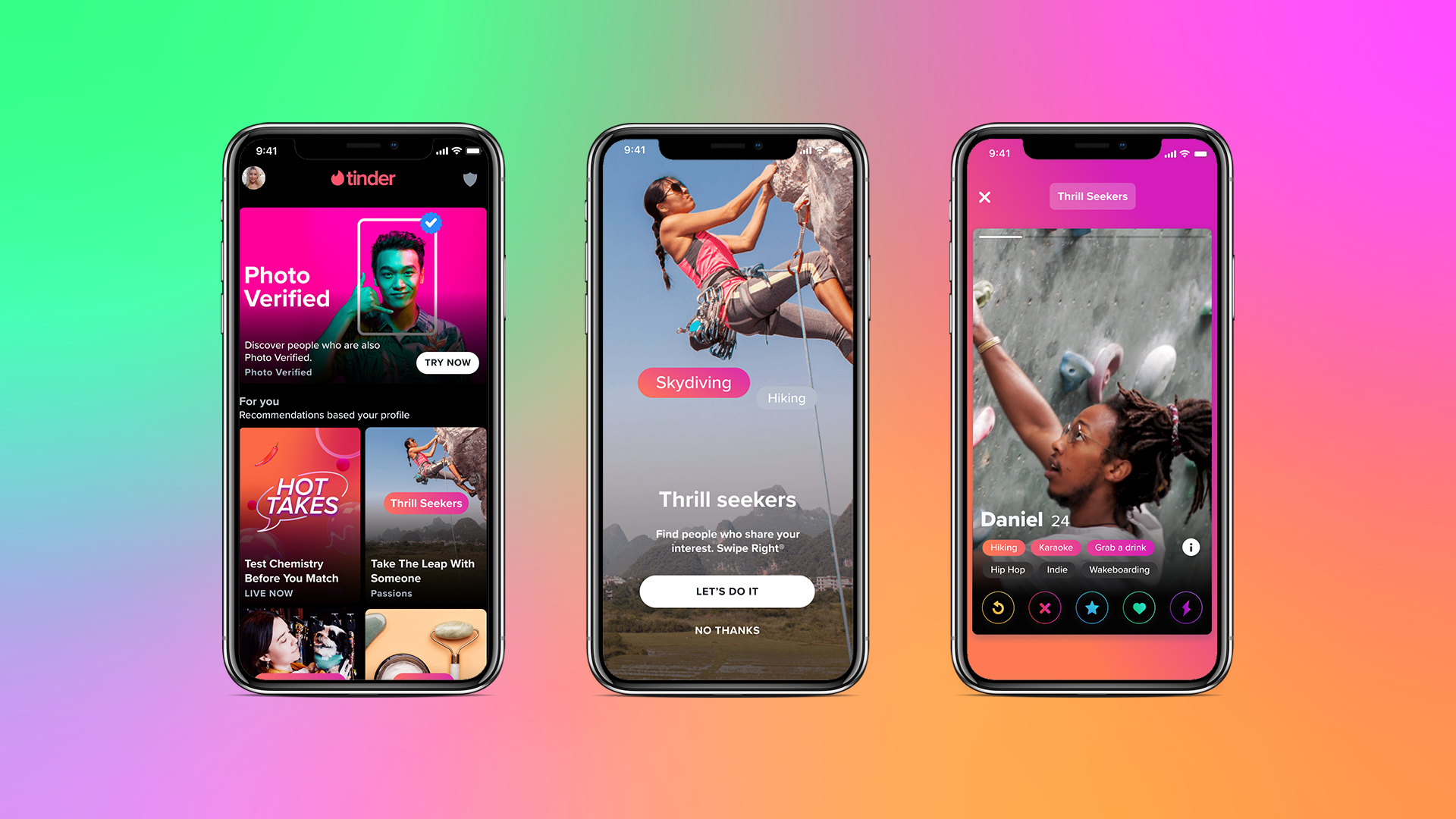I’ve been busy travelling recently, starting from England to Finland, Estonia, Naples, Greece and Hong Kong before coming back here. What hit me was that the world has shrunk so tremendously that we can occupy multiple spaces at any one time.
We’ve advanced so significantly in terms of science and bio-technology, but when it comes to human interaction and politics, it seems like we’ve frozen in time. So there is this sense of dislocation that I find dynamic yet problematic.
The Internet and cellphones have changed everything. On the plus side, it has given us physical freedom and more opportunities, but it has also created dissolution among the media, especially for print and magazines.
How do you create context? Everyone in the industry is telling me about the same problem; and now we have emails, Facebook, Instagram, Twitter, the list goes on and on.
We don’t pay attention to nature or causes that are more enduring as everyone is seeking instant gratification. We need to change our values system and seek a return to beauty.
Life is about the moment when you wake up and you’re able to feel the heat of the sun and you know you’re in it.
The world now is totally eclectic and fragmented.
With art and the gallery, I wanted to create an inter-cultural dialog between artists who are dealing with those issues today.
Singapore was not a player in the art world. When you’re in Europe, the first thing that comes to mind is Paris, and for Asia probably Tokyo. Today, everyone wants to be seen as an arts capital.
Someone once asked me if art should be an investment. I said “no”. She was baffled. I do not like to promote that idea because art has been a necessity form of commodity for expression and the creative process since the caveman. Artworks created then are still right there in front of us. There was no economy or trade then, yet they continued to produce, grow and move forward. Art, after all, comes directly from inner feelings and the interior.
Hollywood films sell like crazy because they’re made for 16-year-olds. Arthouse films like those by Truffaut, Tarkovsky, Rossellini, Godard and Wong Kar Wai still have a very small following. My point is that things that sell are not great art.
I started making films around 2002. I enrolled at the New York Film Academy for adults who are not advanced in the art of filmmaking, but who really wanted to learn the craft.
The tough part about filmmaking is that it requires a lot of money. The cumulative amount is a serious commitment.
Making film is like giving birth. That child is like a style and I would want to have a signature style. My first film was called Poets of Color, a non-fiction tale about an Indian artist living in Soho featuring the likes of Mark Rothko and artists in the scene. I am currently working on Louis Kahn: City of the Tiger about the American architect and why architecture matters. Space certainly dictates behaviour.
The thing about being in New York is that you’re constantly engaged. It may be dense but everyone walks there. No one walks in LA. Singapore is like being in the Botanic Gardens. Unfortunately, the whole world is beginning to look like New York.
I read just about everything; recent reads include Dave Eggers’ best-selling A Hologram for the King. Books that interest me are usually about history, culture, philosophy or globalization, which also explains why I do things in a certain way.
We keep on making the same mistakes over and over again as that is the essential part of the human race. But we’re extremely adaptable too. Human beings are very resilient by nature.
We do not inherit wisdom and experience—we gain it.





